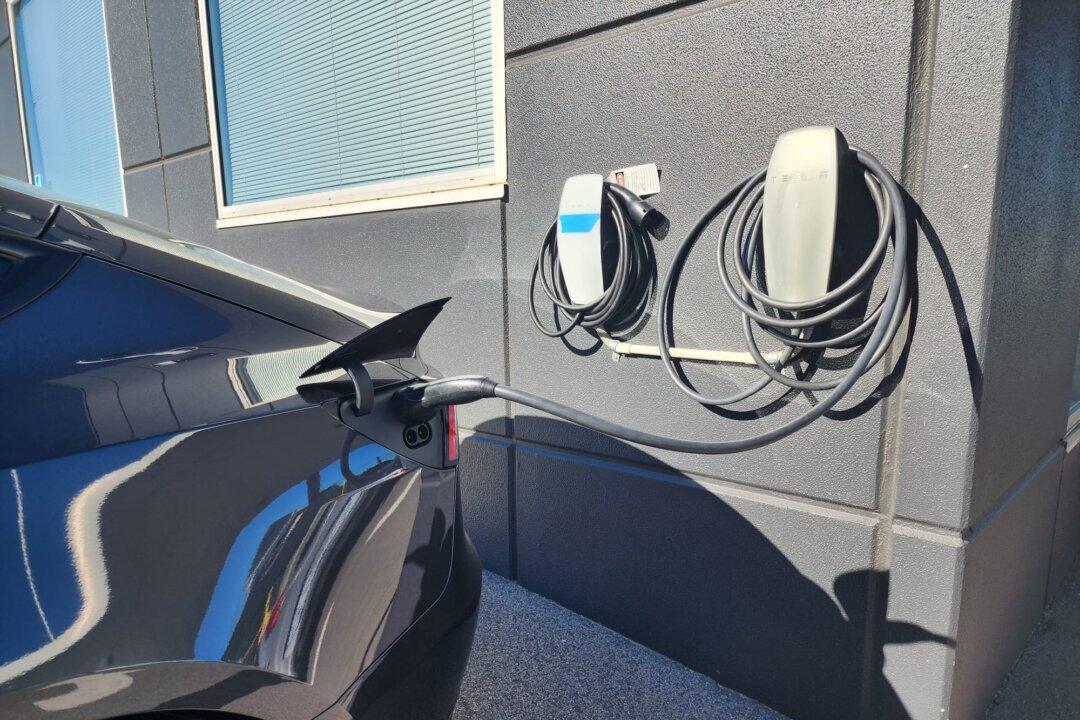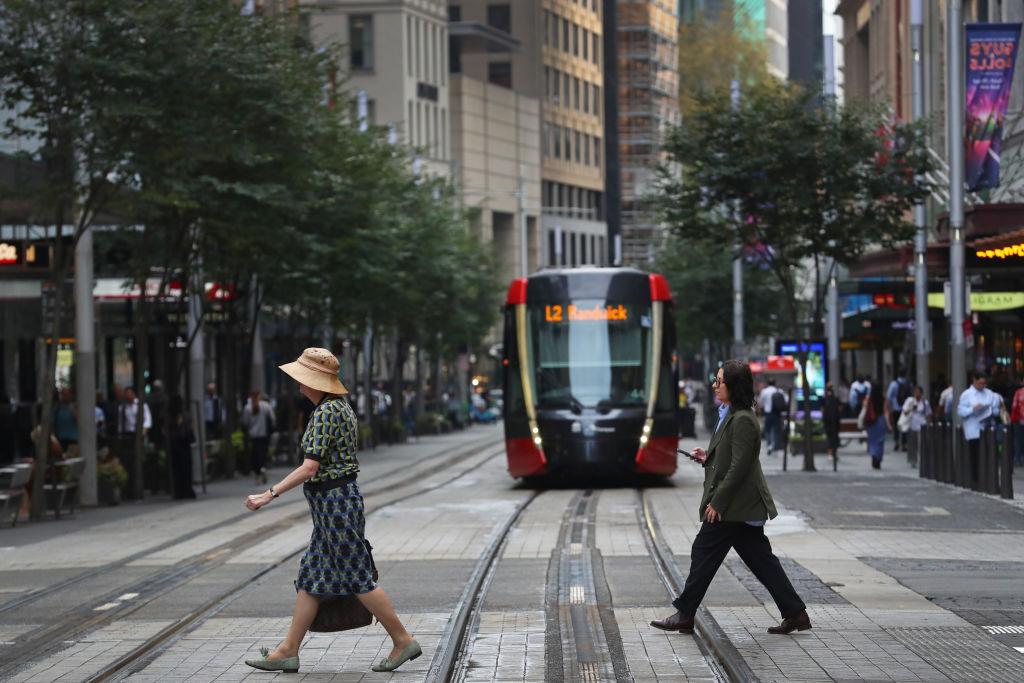Australian manufacturing and cleantech investments could boost profits by $215 billion (US$142.2 billion) and support 53,000 new jobs by 2035, according to a report by Beyond Zero Emissions (BZE).
In the report, “Make it here: building Australia’s clean industrial future,” BZE calls for bold measures to leverage Australia’s natural resources and enhance innovation as the world intensifies efforts to achieve net zero emissions.




